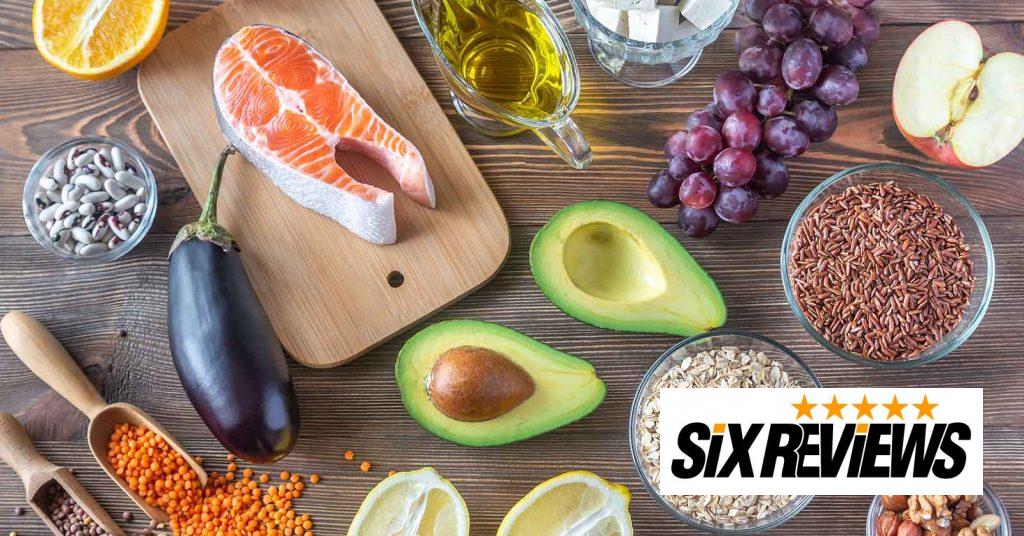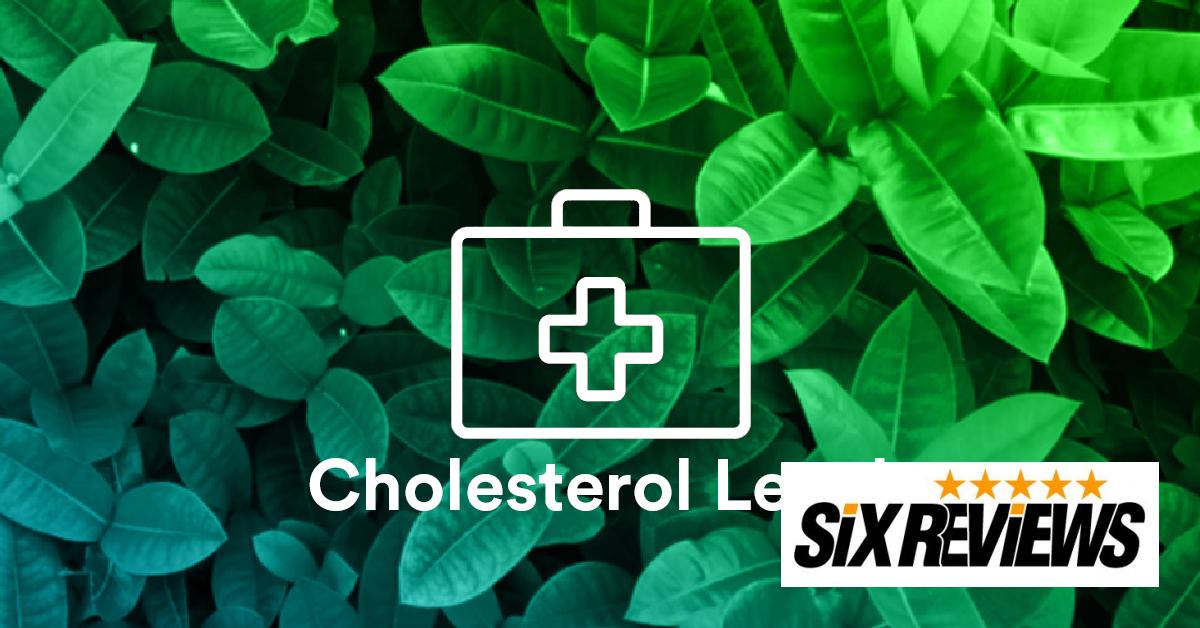The leading cause of atherosclerosis is an increased level of LDL cholesterol in your blood – a dangerous disorder where a build-up of cholesterol in the walls of the arteries tends to block blood supply which may form obstructions that cause strokes or heart attacks. [1]
What’s worst is that about 100 million U.S. people over 20 have elevated cholesterol levels, and 35 million have moderate levels of cholesterol, placing them at high risk of cardiac failure. [2] Given that, owing to biology and/or lifestyle decisions, elevated levels of LDL cholesterol do not arise overnight but steadily.
The best way to keep track of LDL levels in the blood is to get a standardized blood test, but there is no magic number or the cut-off point where a level above is dangerous and a level below is safe. With that in mind, by holding LDL or ‘poor’ cholesterol down and finding ways to raise amounts of ‘healthy’ HDL cholesterol, it is possible to minimize the risk of developing a cardiac disease.
Since elevated levels of cholesterol are linked to biology and lifestyle decisions, it is clear that the first line of defense should be to correct your diet and general behaviors. And while our genes and predisposition to such conditions of health can not be changed, we can make healthier decisions and dramatically lower risks.
1.Exercise Regularly

According to some research, daily exercise helps reduce LDL cholesterol by up to 10% and can even raise LDL cholesterol by up to 6%. [3] However, for quick weight loss, a high-intensity aerobic workout regimen may be the right alternative. Activities such as cooking, dancing, taking the stairs more frequently, and cycling, however, can still help persons who do not consistently go to the gym.
2. Quit Smoking
Besides smoking elevating the risk of cardiovascular disease, [4] it also negatively affects HDL levels in your blood [5] Cigarette smoke also damages blood vessel walls which makes them more prone to fat accumulation. If you’ve tried to quit before and failed, you should consult a doctor to help you find the best strategy and smoking cessation aids.
3. Eat Right
Some people may believe that all dietary fats are evil, but that’s just not true. It is important for maintaining a healthy weight and BMI while lowering high levels of LDL cholesterol to use healthy fats in your diet and be moderate about it.
Saturated fats present in dairy products and butter increase LDL levels, while trans fats contained in fried and baked foods from hydrogenated oils also decrease HDL levels. In comparison, polyunsaturated fats, a type of unsaturated fatty acids, reduce HDL, and LDL similarly. Vegetable oils are all healthy sources of polyunsaturated fats, such as sunflower, cottonseed, and soy oil. It is also important to remember that, in general, olive oil and nuts containing monounsaturated fats decrease LDL, but do not adversely affect HDL levels.
4. More Fiber
It is extremely effective to combat high LDL outcomes by adding more fiber, particularly the soluble type. In addition to decreasing the absorption of dietary sources of cholesterol, fiber contains short-chain fatty acids that inhibit the production of cholesterol. This, in fact, by way of LDL receptors, makes the liver use more cholesterol from your blood to generate the bile acids required for food digestion. Good sources of fiber include beans, peas, barley oats, carrots, apples, and psyllium husks.
5. Fewer Carbs
Carbohydrates power your body, but foods with a high glycemic index will increase blood sugar levels and transform them into triglycerides that gradually turn into LDL cholesterol throughout your body. The easiest way to keep blood glucose levels in order is to eat foods such as whole-wheat noodles, brown rice, and whole grains, while white rice and pastries are best avoided.
6. Reduce Stress
In some people, high levels of stress can induce elevated cholesterol. While stress hormone cortisol tends to manage protein, fat, and carbohydrate metabolization, elevated levels of stress-related cortisol appear to result in an increase in triglycerides and LDL cholesterol. It’s best to work out daily to combat depression and pursue yoga or other methods of calming.
7. Cholesterol Meds

If lifestyle changes such as diet do not lower elevated levels of cholesterol, medicine could be the only option to get into a healthy range. Luckily, medications such as statins block the development of cholesterol rather than only hindering absorption into your diet and GI tract.
Niacin, fibrates, and cholesterol absorption inhibitors are other medications to treat elevated cholesterol, some of which can act in conjunction to reduce LDL and improve HDL levels. But without expert advice, it’s best to speak to your doctor first and not take all of these drugs.
[1] https://www.healthline.com/health/atherosclerosis
[2] https://www.cdc.gov/cholesterol/cholesterol_education_month.htm
[3] https://doi.org/10.1007/s40279-013-0110-5
[4] https://www.cdc.gov/tobacco/data_statistics/sgr/50th-anniversary/pdfs/fs_smoking_CVD_508.pdf
[5] https://pace-cme.org/2013/07/18/cigarette-smoking-negatively-affects-hdl-c-in-multiple-ways/

